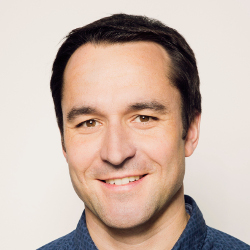Analyzing Quantum Programs with LintQ: A Static Analysis Framework for Qiskit
Abstract
References
Index Terms
- Analyzing Quantum Programs with LintQ: A Static Analysis Framework for Qiskit
Recommendations
Integrable quantum computation
Integrable quantum computation is defined as quantum computing via the integrable condition, in which two-qubit gates are either nontrivial unitary solutions of the Yang---Baxter equation or the Swap gate (permutation). To make the definition clear, in ...
Contextuality Supplies the Magic for Quantum Computation
ISMVL '15: Proceedings of the 2015 IEEE 45th International Symposium on Multiple-Valued LogicWe know that quantum mechanics enables the performance of computational and cryptographic tasks that are impossible (or impracticable) using only classical physics. It seems natural to examine manifestations of inherently quantum behaviour as potential ...
Quantum computing via the Bethe ansatz
We recognize quantum circuit model of computation as factorisable scattering model and propose that a quantum computer is associated with a quantum many-body system solved by the Bethe ansatz. As an typical example to support our perspectives on quantum ...
Comments
Information & Contributors
Information
Published In

Publisher
Association for Computing Machinery
New York, NY, United States
Publication History
Badges
Author Tags
Qualifiers
- Research-article
Funding Sources
- Deutsche Forschungsgemeinschaft
- European Research Council
Contributors
Other Metrics
Bibliometrics & Citations
Bibliometrics
Article Metrics
- 0Total Citations
- 247Total Downloads
- Downloads (Last 12 months)247
- Downloads (Last 6 weeks)67
Other Metrics
Citations
View Options
Login options
Check if you have access through your login credentials or your institution to get full access on this article.
Sign in
